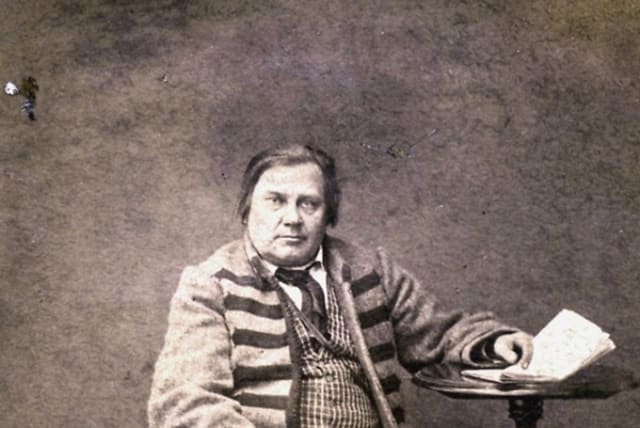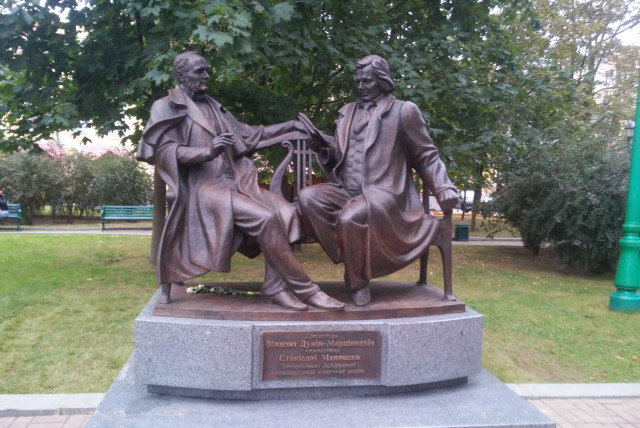Belarus declares anti-Russian poems by 19th-century poet 'extremist'

The targeted poems called for fighting against the Russian Empire and promoted Belarussian nationalism.
Two poems by 19th-century Belarusian writer Vintsent Dunin-Marcinkievič written during an uprising against the Russian Empire have been designated as "extremist" by the prosecutor's office in Minsk, Radio Free Europe/Radio Liberty reported on Thursday.
The two poems, "The Winds are Floating" and "Conversation of an Elderly Man," were written during the Kastus Kalinoŭski rebellion against Russia in the 1860s. The two poems called for fighting against the Russian Empire and promoted Belarusian nationalism.
A foreword to Dunin-Marcinkievič's works by critic Yazep Yanushkevich was also declared "extremist material" by the prosecutor's office.
Dunin-Marcinkievič's link to the revolution
Kalinoŭski was one of the leaders of a rebellion against the Russian Empire which spread in what is now Poland, Lithuania, Belarus, and Ukraine from 1863-1864. Kalinoŭski is seen as a father of Belarusian nationalism.
During the rebellion, Dunin-Marcinkievič was arrested by Russian authorities and accused of spreading "ideas harmful to the government." He was later released under restrictive conditions. His daughter took part in the rebellion and was imprisoned in a psychiatric hospital for her part in it.
Dunin-Marcinkievič's works are required reading in Belarusian schools today. A number of streets and theaters are named after him as well.
Jerusalem Post Store
`; document.getElementById("linkPremium").innerHTML = cont; var divWithLink = document.getElementById("premium-link"); if (divWithLink !== null && divWithLink !== 'undefined') { divWithLink.style.border = "solid 1px #cb0f3e"; divWithLink.style.textAlign = "center"; divWithLink.style.marginBottom = "15px"; divWithLink.style.marginTop = "15px"; divWithLink.style.width = "100%"; divWithLink.style.backgroundColor = "#122952"; divWithLink.style.color = "#ffffff"; divWithLink.style.lineHeight = "1.5"; } } (function (v, i) { });

